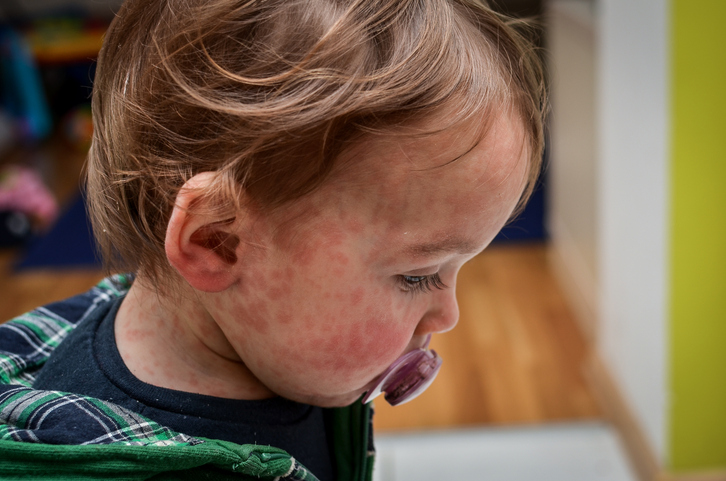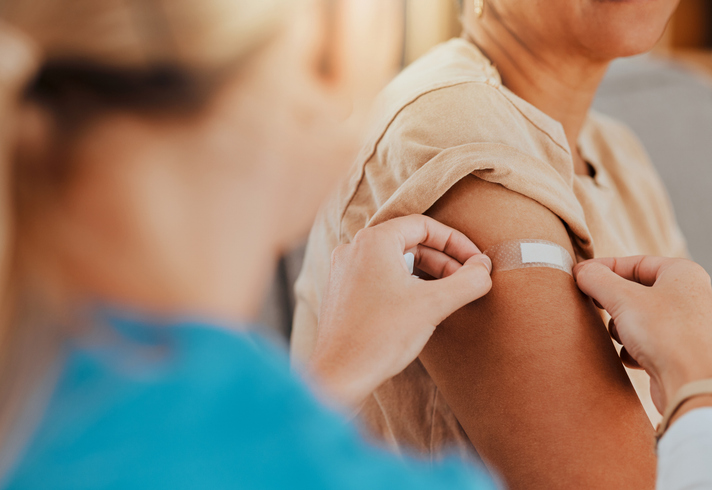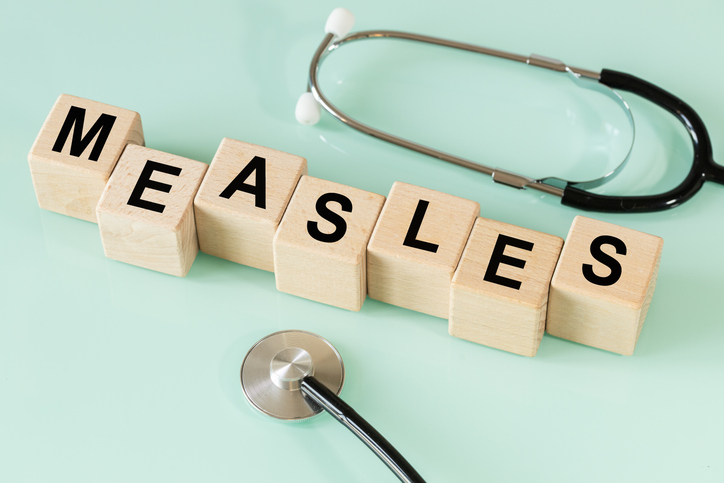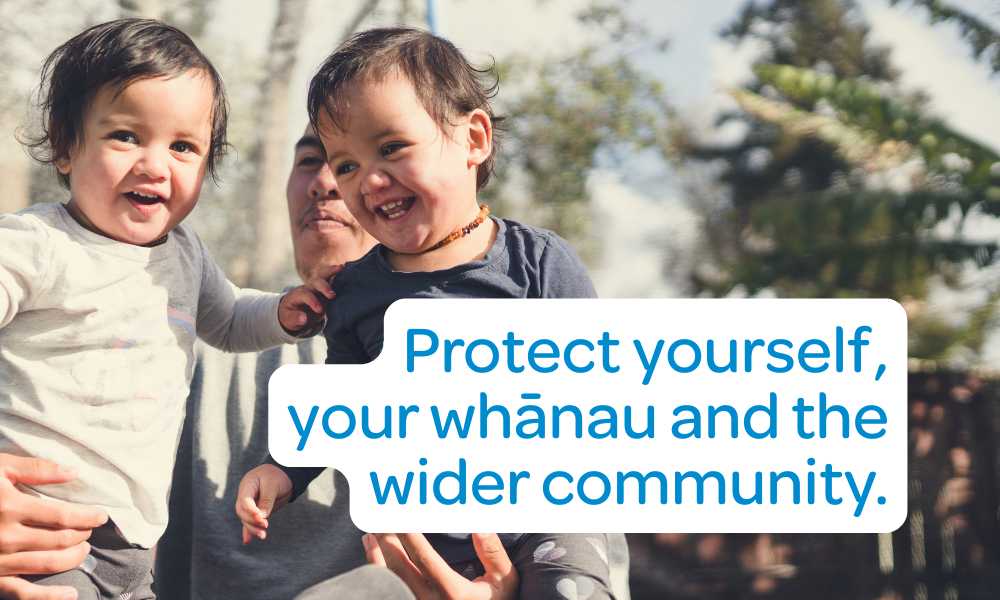Measles in the Community — November 2025 Update
What’s happening
Health authorities have confirmed new measles cases in Aotearoa New Zealand this month. Measles is highly contagious and can spread quickly when it reaches communities with lower vaccination coverage.
Now is the time to check your vaccination status, know the symptoms, and take steps to protect yourself and your whānau.
Signs & Symptoms
Measles is highly contagious and spreads through coughing, sneezing or even being in the same room as someone infected. Viral particles can even remain in the air for up to two hours after the infected person has left.
Early symptoms (7–14 days after exposure):
• Fever
• Cough, runny nose and sore, red eyes
• Tiredness and general discomfort
After a few days:
• A red, blotchy rash that starts on the face or behind the ears and spreads down the body
A person with measles can spread the virus from about four days before the rash appears to four days after.
If you suspect measles, stay home and call your GP or healthcare provider before visiting. This helps prevent further spread.

How to Know if You’re Protected
You are considered immune if:
- You’ve had two doses of the MMR (measles, mumps, rubella) vaccine
- You were born before 1969 (most people in this age group had measles naturally) or
- You have had measles before
If you’re unsure:
- Check your vaccination records (in your Well Child book, GP records or the online immunisation register).
- If you can’t confirm, book an MMR vaccination – it’s free and safe to receive an extra dose.
- MMR vaccines are available at GP clinics, many community pharmacies, Māori and Pacific health providers, and through outreach immunisation events.

Locations of Interest
Public health units regularly update locations of interest – places where someone with measles may have visited while infectious.
If you’ve been at a listed location during the relevant time and are not immune, you may need to self-isolate and monitor for symptoms.
Check here for the latest locations of interest.
What Ormiston is Doing
At Ormiston Hospital, the safety of our patients, visitors and staff remains our top priority.
Our Infection Control team, led by Nachelle, has been closely monitoring updates from Te Whatu Ora and local public health authorities to ensure we stay well prepared and informed.
Across the hospital, we are:
Providing regular updates and information to all staff on what to look out for, how to recognise symptoms, and the steps to take if measles is suspected.
Reinforcing infection prevention measures in all clinical and public areas, including hygiene practices, mask use where appropriate, and symptom screening for patients and visitors.
Being proactive – We have implemented risk assessment flowcharts for both patients and staff, in alignment with Southern Cross and Te Whatu Ora.
Supporting staff vaccination — an onsite MMR vaccination session is being held to make it easier for team members to check their immunity and get protected.
Maintaining readiness across departments, ensuring any potential cases are managed swiftly and safely in line with infection control protocols.
Our teams continue to work together to keep Ormiston a safe environment for everyone.
Key Actions
• Check your MMR vaccination record.
• Book a free MMR vaccine if you’re unsure or unvaccinated.
• Stay home and call ahead if you develop symptoms.
• Check current exposure sites and follow public health advice.
Together, we can prevent further spread and protect our most vulnerable — including babies, pregnant women and those who can’t be vaccinated.

FAQs: Measles & Immunisation
Two doses of MMR are needed for lifelong protection.
It’s safe to have another dose. If in doubt, get vaccinated.
In Aotearoa New Zealand, the MMR vaccine is free for everyone under 18, regardless of immigration status. It is also free for adults aged 18 and over who are eligible for publicly funded healthcare.
From 1 October 2025, Health NZ has agreed to fund MMR vaccinations during measles outbreaks for non-immune adults who are not usually eligible for funded healthcare. This funding is applied as directed by local Public Health teams and communicated by Health NZ to immunisation providers in affected regions.
Yes. Adults born after 1969 who aren’t sure of their vaccination history should contact their GP for advice.
Through your GP, local pharmacy or health provider. Many offer walk-in MMR vaccinations. Book your vaccine online here.
Stay home, check your vaccination status and call your GP or Healthline for advice on 0800 611 116.

